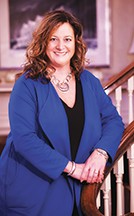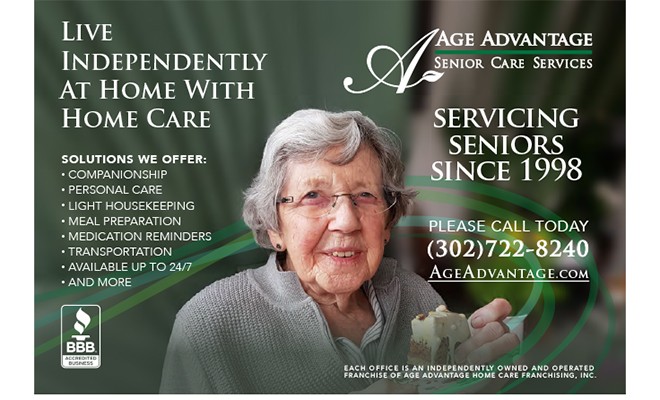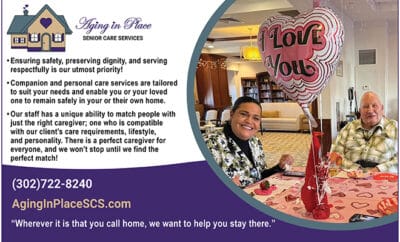Conflict & Senior Care, You Are Not Alone
 By Kristin Stetler Donovan, Owner, Age Advantage of Newark
By Kristin Stetler Donovan, Owner, Age Advantage of Newark
Family conflict can be difficult in an already stressful time when caring for our aging parents and loved ones. Sometimes it’s a difference in how siblings view their parents’ care needs. Other times, concerns about preserving a potential inheritance takes priority over ensuring parents’ needs are met. Or it could be as simple as the fear of a parent aging resulting in denial or avoidance. Of course, there are many things that can create discord among family members, and conflict isn’t always unhealthy. Debate ensures that all options are considered, and healthy conflict spurs necessary change and growth. What is not healthy is when family conflict over parents’ care drives a wedge between family members that can’t be repaired.
When debate over what is right for a parent occurs, sibling rivalry may rear its ugly head. Often, one child feels that they are carrying a bulk of the decision-making and physical responsibility and resentment is bound to surface. Opposing that scenario, a sibling who feels someone else is taking control and leaving the rest of the family in the dark causes frustration of not having a voice in the decision-making process. And, as with many things in life, finances are always bound to fuel the fire. How parents’ income is used for care is often an issue, as well as what portion each sibling should contribute, if required. The caregiver’s personal situation can increase the burden and frustration, with children of seniors often juggling raising their children, their career, and caring for parents simultaneously. Adding conflict among siblings only makes it worse, and multiplies when there are also disparities in the amount of non-parental responsibility each sibling has. When each parent has a different level of care need it adds to the complexity of decision-making amongst siblings. And, often end of life decisions, estates, and inheritance can be minefields of conflict if all parties are not aligned. Some children want hospice/palliative care and others think that every day with a parent is a victory. All too often, there are disputes over inheritance, it can get really ugly terribly fast.
The good news is that some of the conflicts can be avoided or minimized. One of the biggest causes of conflict is lack of communication and lack of planning. If agreement can’t be reached, it may be wise to get an unbiased opinion from a healthcare professional. If one family member is feeling they are shouldering the burden alone, they need to ask for help. If one sibling doesn’t live close, perhaps they can contribute financially to bring in additional care to help the sibling who provides primary care. And, if some siblings are not financially in a position to contribute to care, they should not be expected to contribute as much as a wealthier sibling. That doesn’t mean their opinion doesn’t count, especially if they’re contributing time instead of money. Sometimes, if you feel like a sibling is leaving you out of the decision making process, but mom or dad are healthy and happy, you may want to reserve your opinions. For family members with excessive responsibilities, the key is offering help rather than letting them bear the burden on their own. Both end of life decisions and inheritance or estate conflicts can be minimized by having a Living Will and a Will (to divide assets). Parents should determine the best person to handle the financial and health decisions because it will minimize the disagreement and conflict when the time comes. It doesn’t mean there will be no conflict, but it takes the guesswork out of what is already a painful process.
It is crucial to understand that family discord is normal, but it is even more important to realize that when families feud, elderly parents are the ones who lose. It’s hard for elderly parents to see their children in a state of conflict and even harder when they believe that they are the cause. Please remember to put your parents and their needs first and resist the temptation to involve them in familial disagreements. Also know that, not only are you not alone, but there are many resources that can offer help, including Age Advantage.
“I wanted to thank you so much for all your help during this entire process. You went above and beyond the call of duty. Please let me know how I can share my experience with you and Age Advantage to the masses. You so deserve the recognition.” – D.S.





